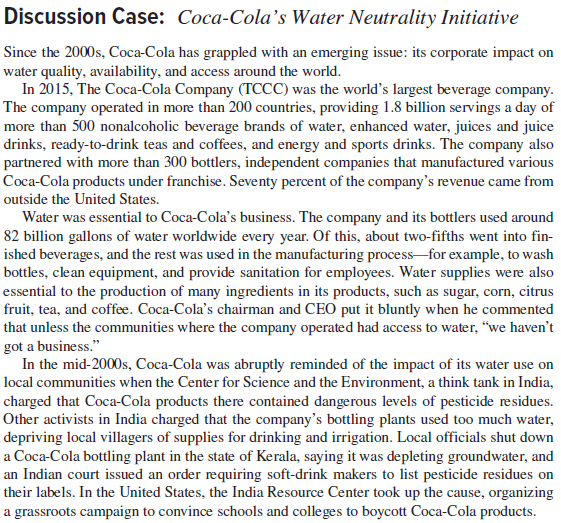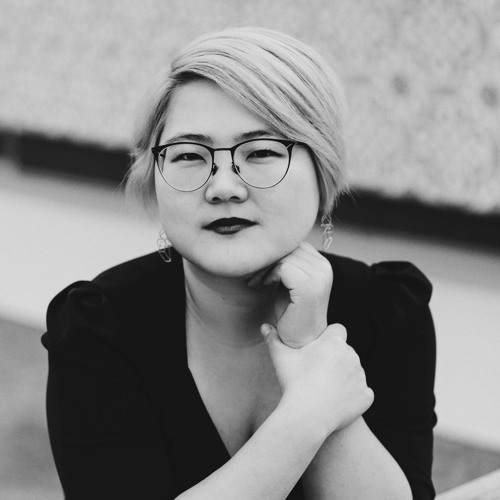

One thing that I initially wanted to do was to not say when people were asexual and only say when people were allosexual, because we accept this idea that being allosexual is a default.

Something else I thought about a lot was the role of language in centering ace experience. Every time I wrote the word platonic or about sexual desire versus sexual attraction, I questioned what I meant. I tried to be very careful when talking about language in the book, especially in the section that's about romantic or platonic attraction, because language is tricky. Early in the book, I talk about how I never realized I was asexual because I never realized that when I would say that someone was hot or attractive to me, that I might be using the same words, but that my experience wasn't the same - because they sounded enough alike there was no way for me to probe deeper. And many parts of the book are about the fact that language hides specific experience.

When people are confused about asexuality, there's a part of me that's enormously sympathetic, because I understand why semantically it would be confusing to include people who do have sex and do have positive sexual experiences under the umbrella of asexual. It is about, what does the word asexual mean? Which is not really apparent.


 0 kommentar(er)
0 kommentar(er)
